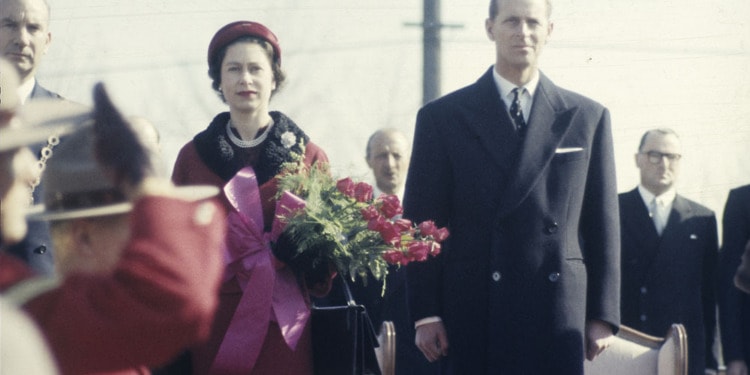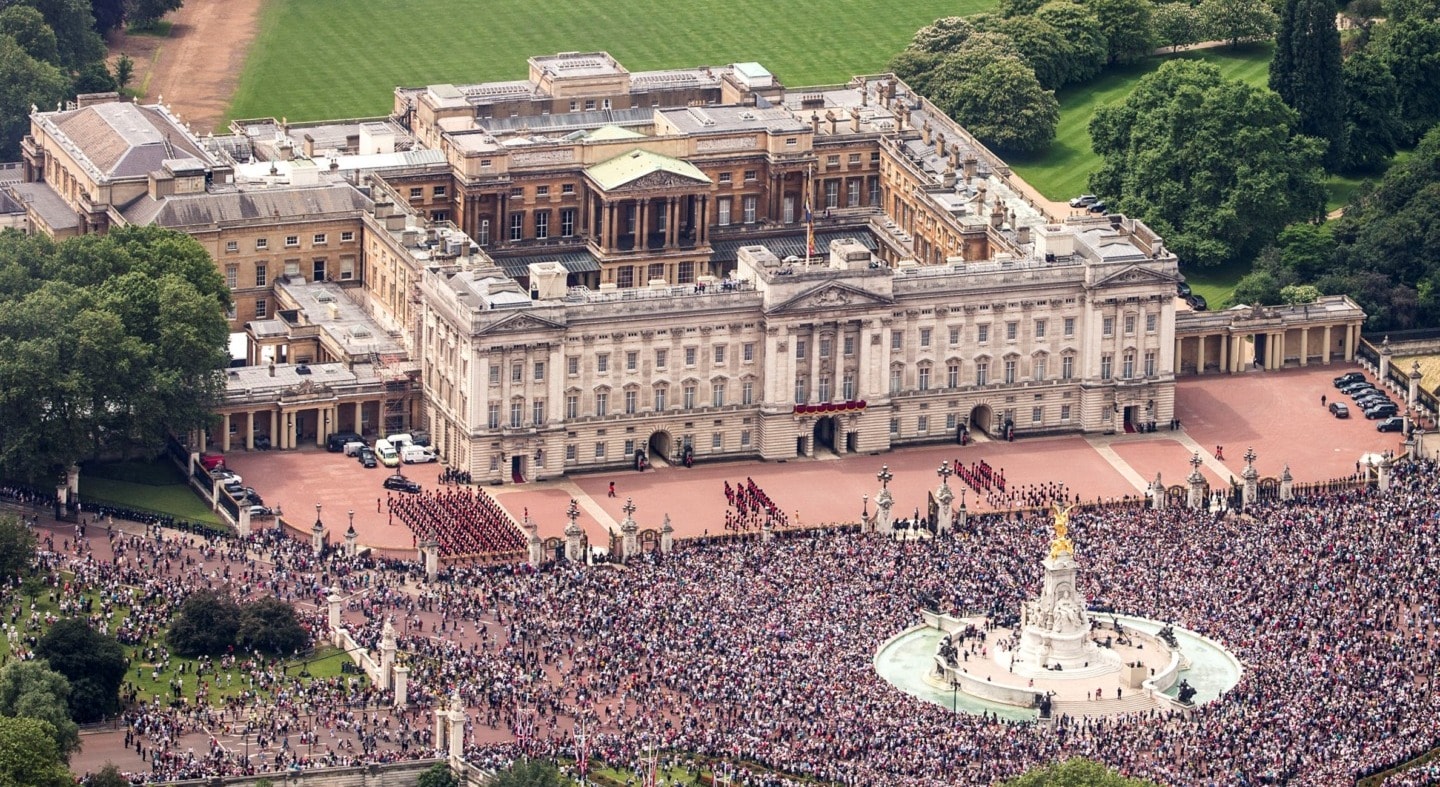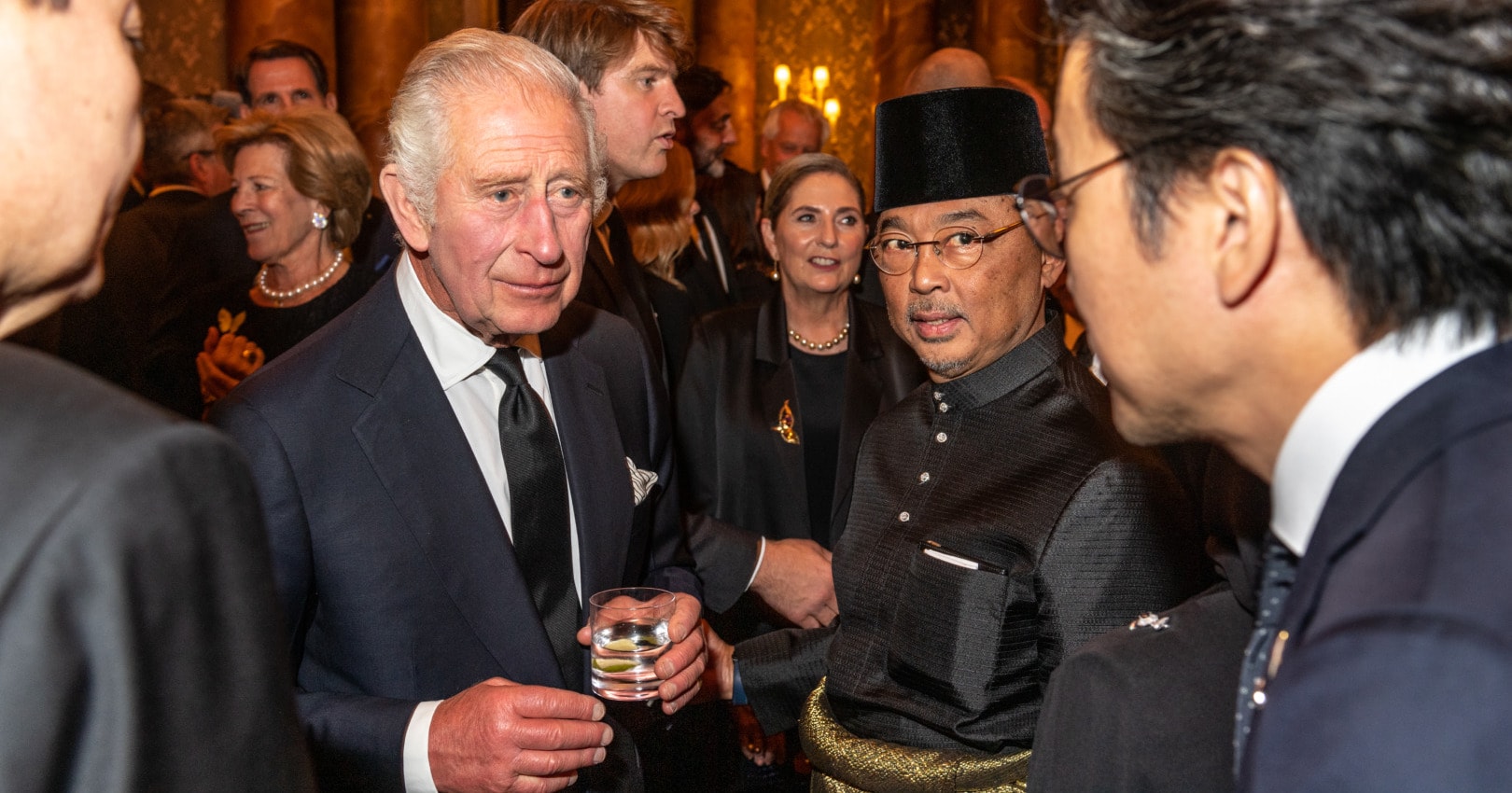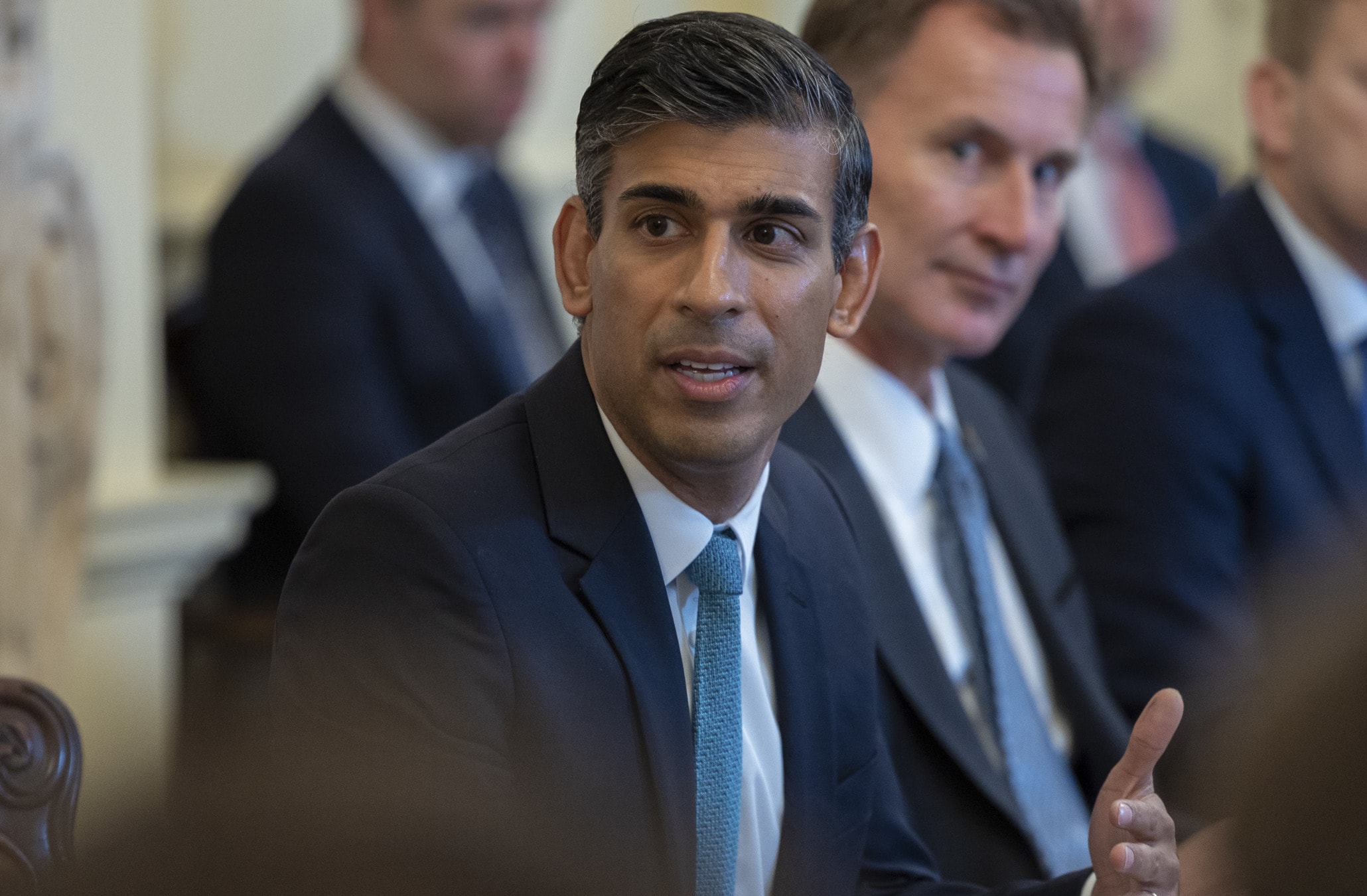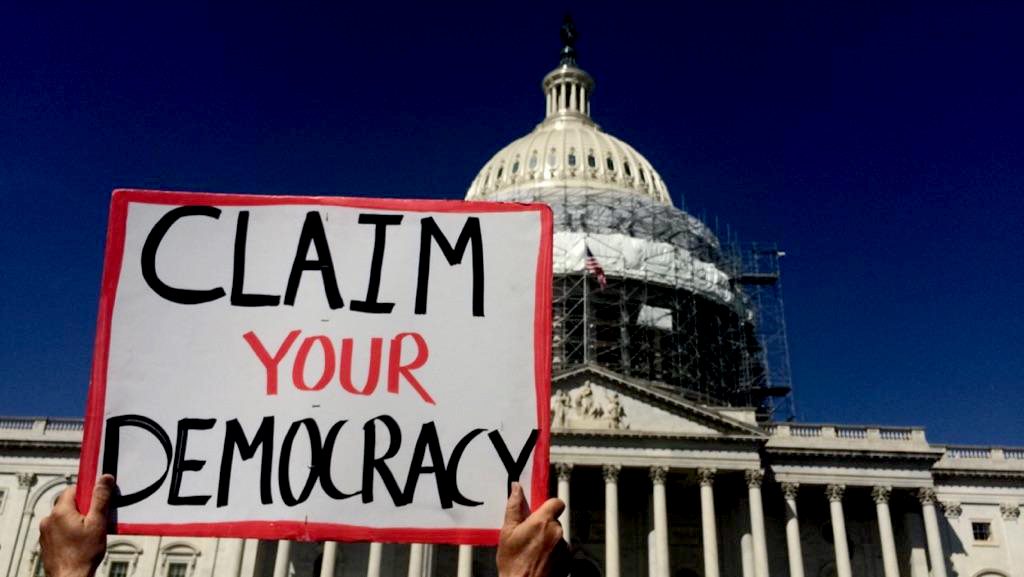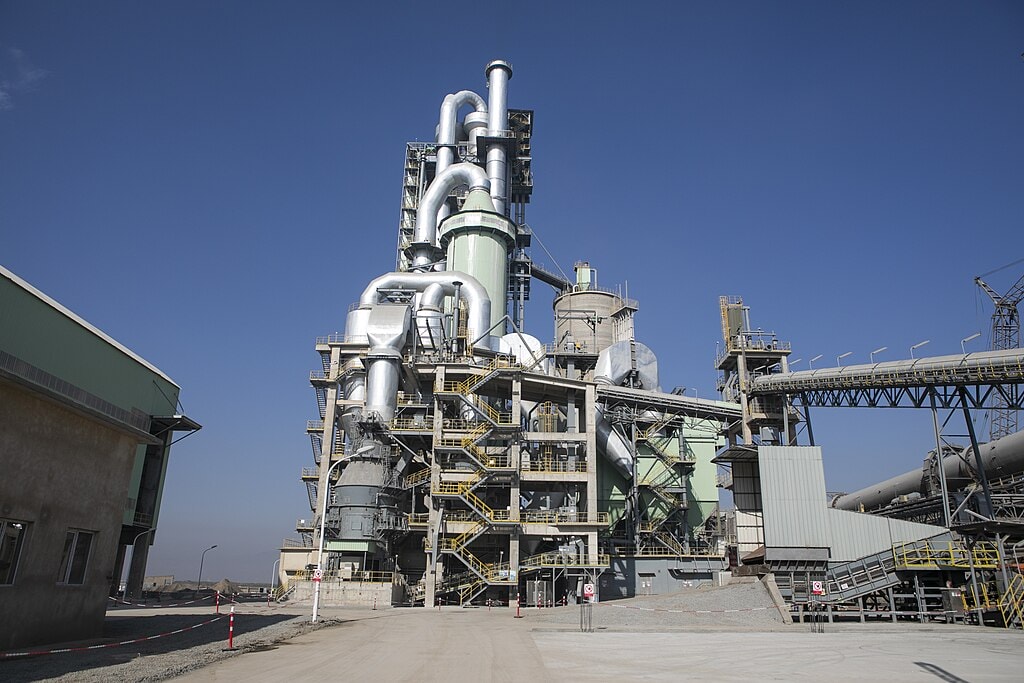The 11 days that have passed since the death of Queen Elizabeth II have seen many processions of mourning, all of which culminated today in her funeral held at Westminster Abbey, where she was married to Prince Philip in 1947 and crowned in 1953.
The Queen’s coffin was adorned with a bouquet containing flowers chosen by King Charles III, as well as rosemary to symbolise remembrance, and myrtle cut from a plant grown from her wedding bouquet. Also placed atop the coffin were the Imperial State Crown and the royal sceptre and orb.
She was carried into the Abbey by eight soldiers in the first battalion grenadier guard – the most senior regular army regiment. The new King Charles and queen consort Camilla led the procession following the coffin with the rest of the royal family behind them.
The ceremony consisted of hymns, prayers, and recitals chosen by the monarch before her passing. The Archbishop of Canterbury also took the opportunity to pay homage to the Queen’s “abundant life,” stating that “few leaders receive the outpouring of love that we have seen” for Her Majesty.
Around 2,000 people attended the solemn affair, including US President Joe Biden and French President Emmanuel Macron, both of whom have issued statements expressing their admiration for the late Queen:
“In a world of constant change, she was a steadying presence and a source of comfort and pride for generations of Britons, including many who have never known their country without her. […] Her legacy will loom large in the pages of British history, and in the story of our world,”
US President Joe Biden
“We are grateful for her deep affection for France: Elizabeth II mastered our language, loved our culture and touched our hearts. […] To you, she was your Queen. To us, she was The Queen. She will be with all of us forever,“
French President Emmanuel Macron
These sentiments were echoed by many world leaders including UN Secretary-General Antonio Guterres who noted that Queen Elizabeth was “widely admired for her grace, dignity, and dedication around the world.”
Queen Elizabeth II’s State Funeral is coming to an end.
The bearer party carry Her late Majesty’s coffin back to the State Gun Carriage.
The Royal Family follow in procession. pic.twitter.com/iZ0p5MThnv
— Royal Central (@RoyalCentral) September 19, 2022
Over the past five days tens of thousands of people have queued through the streets of London to see the Queen’s lying-in-state.
These queues at their longest lasted around 24 hours and, due to the cold temperatures overnight, in the early hours of Sunday morning 98 people required medical support and nine were hospitalised.
However, these displays of mourning have been met with similarly resilient anti-monarchist protests.
Related Articles: How the World Reacts to the Passing of Queen Elizabeth | The Upcoming Challenges of King Charles III
In Scotland, a 22-year-old woman who held a sign stating “F*** Imperialism, Abolish Monarchy” has been arrested for “breach of the peace” and currently awaits trial.
Others in England have stood with signs expressing their sentiments through phrases such as “Not My King.” In accordance with section 5 of the Public Order Act, this type of protest should not result in arrest as it is not “threatening” or “abusive,” though these terms are pliable and subject to each police officer’s interpretation.
In a test of civil liberties, Paul Powlesland, a barrister, stood in Parliament Square holding a blank piece of paper. This led to him being spoken to by a police officer and informed that were he to write “Not My King,” or a comparable phrase, on the blank paper, he would be arrested.
Powlesland, when later interviewed by ITV, stated that “[he is] now a republican because of what [he has] seen over the last week,” referring to the “obvious attempt to use the memory and respect for the Queen to very quickly bolster Prince Charles’ credibility as the new monarch.”
The arrests of republican protestors is wrong, anti-democratic and an abuse of the law.
People should be able to express their views as a basic right. https://t.co/BPhNdHcJmi
— Jeremy Corbyn (@jeremycorbyn) September 13, 2022
In contrast to the sense of stability Queen Elizabeth provided for the nation over her 70-year reign, the past 10 days have seen much upheaval. The day of the funeral in particular has resulted in the cancellation of trains, flights, and even urgent hospital appointments.
Despite these disruptions, it is estimated that around 4 billion tuned in to witness the broadcasting of Her Majesty’s final journey through the capital. This clearly demonstrates that respect and gratitude for the Queen, even if not for the monarchy as a whole, is profoundly felt by the nation, the Commonwealth, and the world.
Editor’s Note: The opinions expressed here by Impakter.com columnists are their own, not those of Impakter.com. — In the Featured Photo: Queen Elizabeth with Prince Philip during their royal tour, Ontario 1957. Photo Credits: Rosemary Gilliat Eaton


